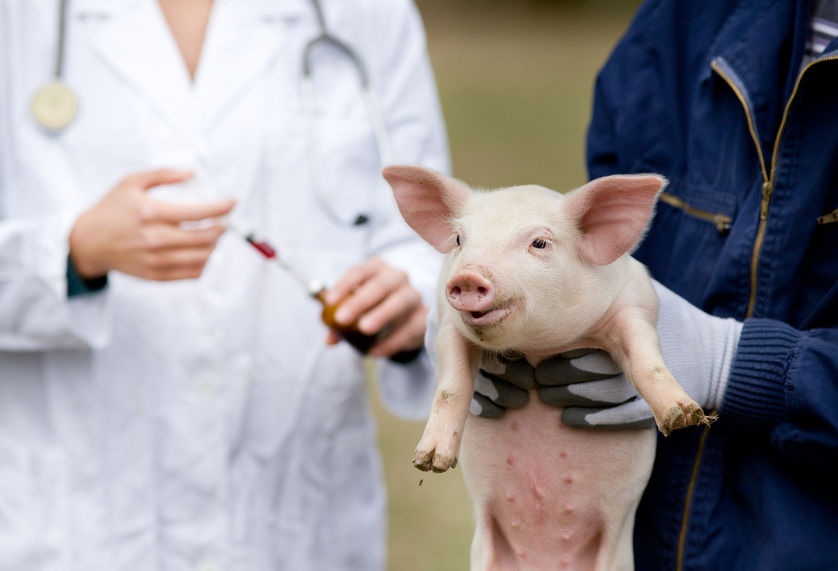
The total quantity of antibiotics sold for livestock farming is at the lowest level since reporting began a decade ago, a new report has confirmed.
However, there has been an uptick in antibiotic use for some agricultural sectors, according to the Veterinary Medicines Directorate's (VMD) report .
The figures, published on Tuesday (19 November), show that antibiotic sales in food-producing animals remain at a 59% reduction since 2014.
Sales of antibiotics of highest critical importance to human health remain at 'extremely low' levels, accounting for less than half a percent of total veterinary antibiotic sales.
This year’s report marks 10 years of collecting antimicrobial resistance (AMR) data from pigs and poultry in the monitoring programme, and for the first the time reports on AMR levels in sheep, beef, and dairy cattle.
A decade of reducing antibiotic use in food producing animals and farming sectors has resulted in declining AMR levels.
However, if upticks in use seen in this year’s report for some sectors become trends, the VMD said the industry must anticipate this being reflected by increasing AMR.
This highlights the need for continued antibiotic stewardship efforts within the farming industry, the VMD explained in its report.
AMR is a huge global challenge, affecting human and animal health, food security, and economic growth.
It occurs when bacteria and other microorganisms evolve to resist antimicrobial drugs like antibiotics, rendering these treatments less effective or even ineffective in animals and people.
New estimates show more than 39 million deaths directly attributable to bacterial AMR will occur between now and 2050.
Avoiding unnecessary antibiotic usage in humans and animals is seen as crucial to slowing the development of antibiotic resistance.
Abi Seager, Veterinary Medicines Directorate CEO said: “The positive trends demonstrate the dedication of the UK’s farmers and vets to ensure responsible antibiotic use in animals.
“I am especially proud of our AMR surveillance programme which continues to expand and become more robust."
Catherine McLaughlin, chair of the Responsible use of Medicines in Agriculture Alliance (RUMA) said the latest results demonstrate that the collaborative efforts from farmers in addressing AMR were 'clearly paying off'.
"The fact that AMR continues to decline with multi-drug resistance in animals at an all-time low should be applauded," she explained.
“These latest results will undoubtedly give everyone the ongoing confidence and continued focus to build on what is already done and be as ambitious as possible."
